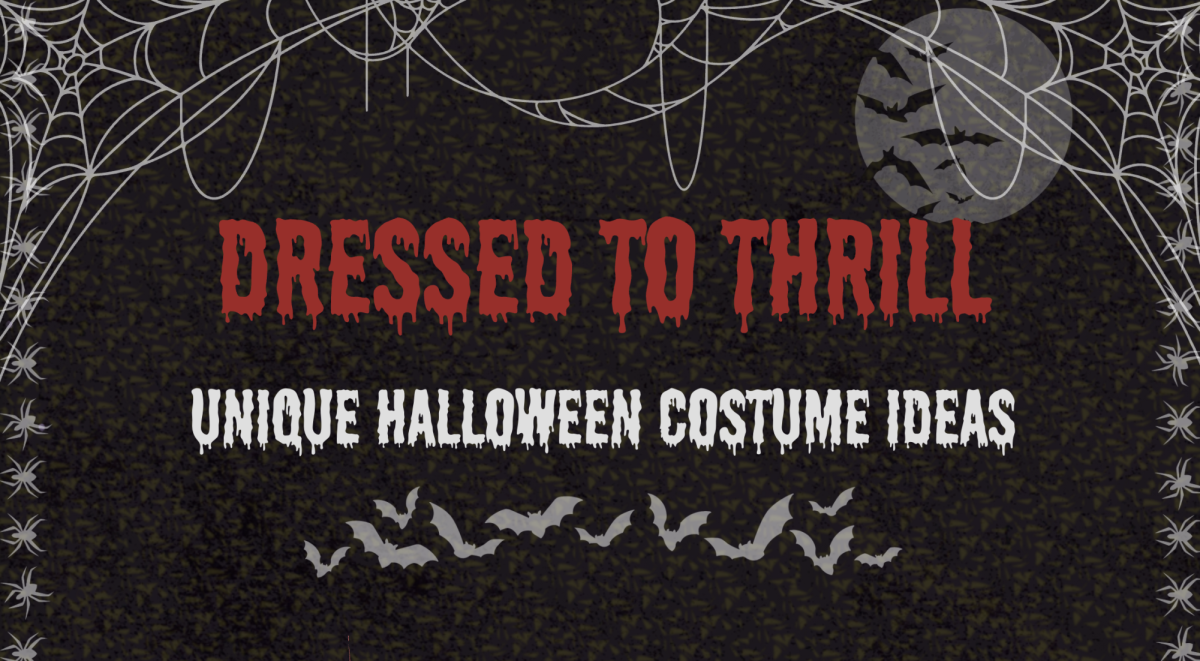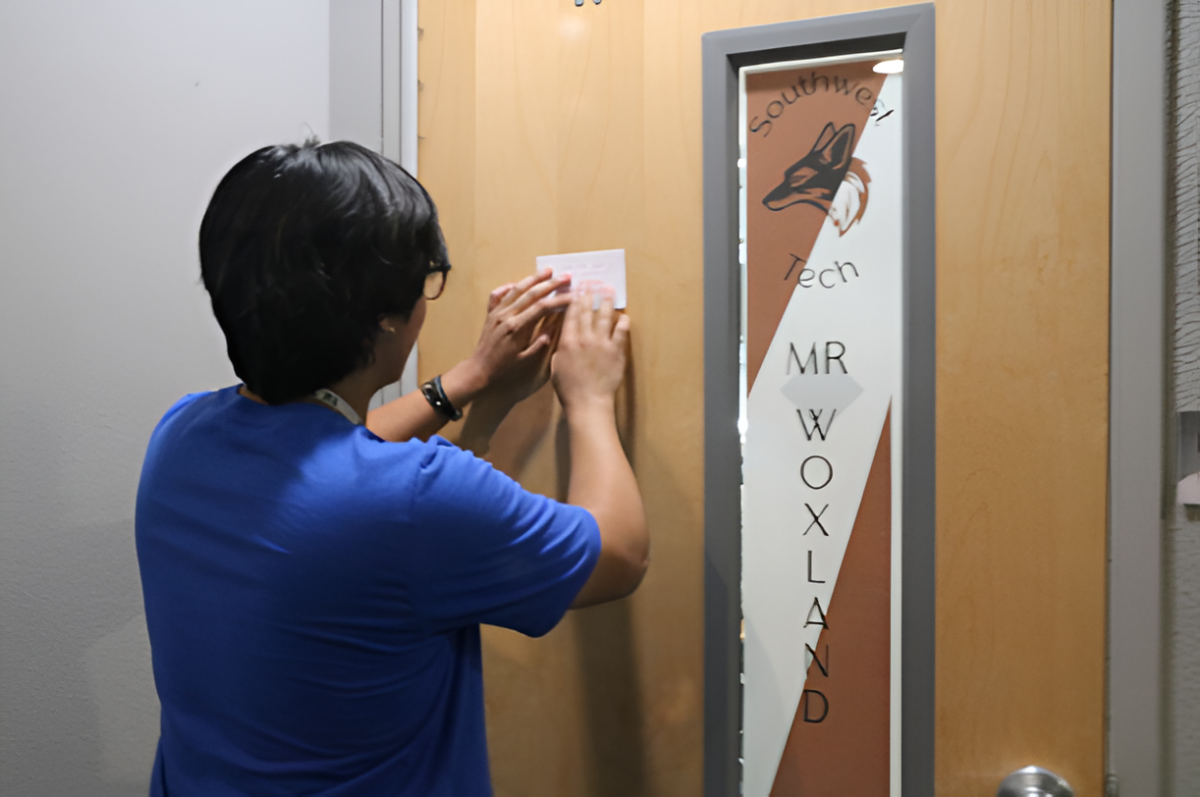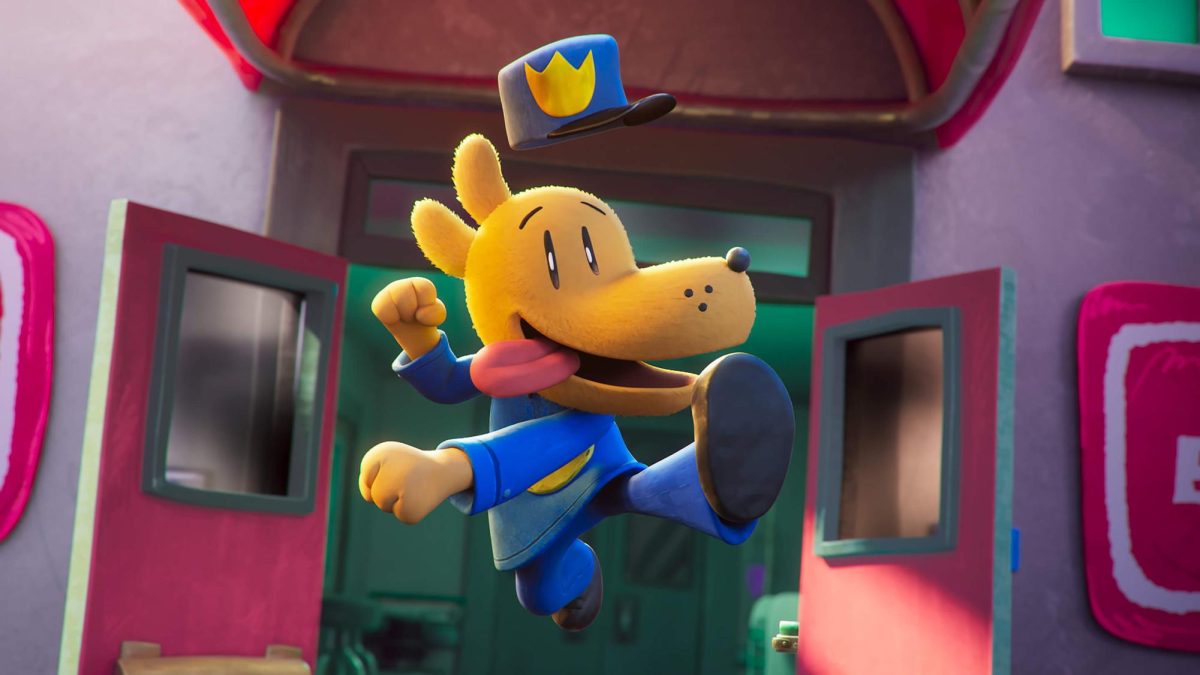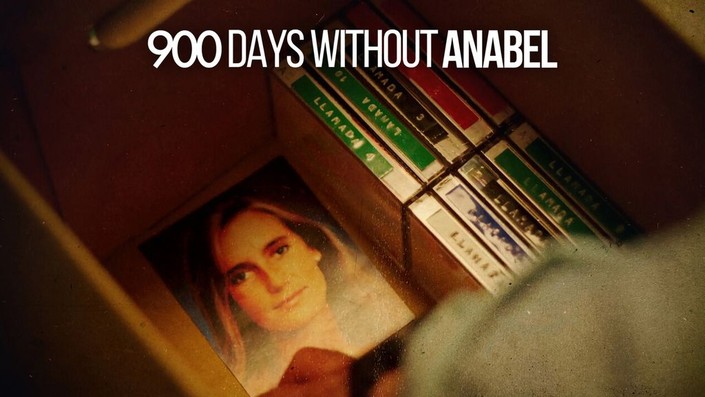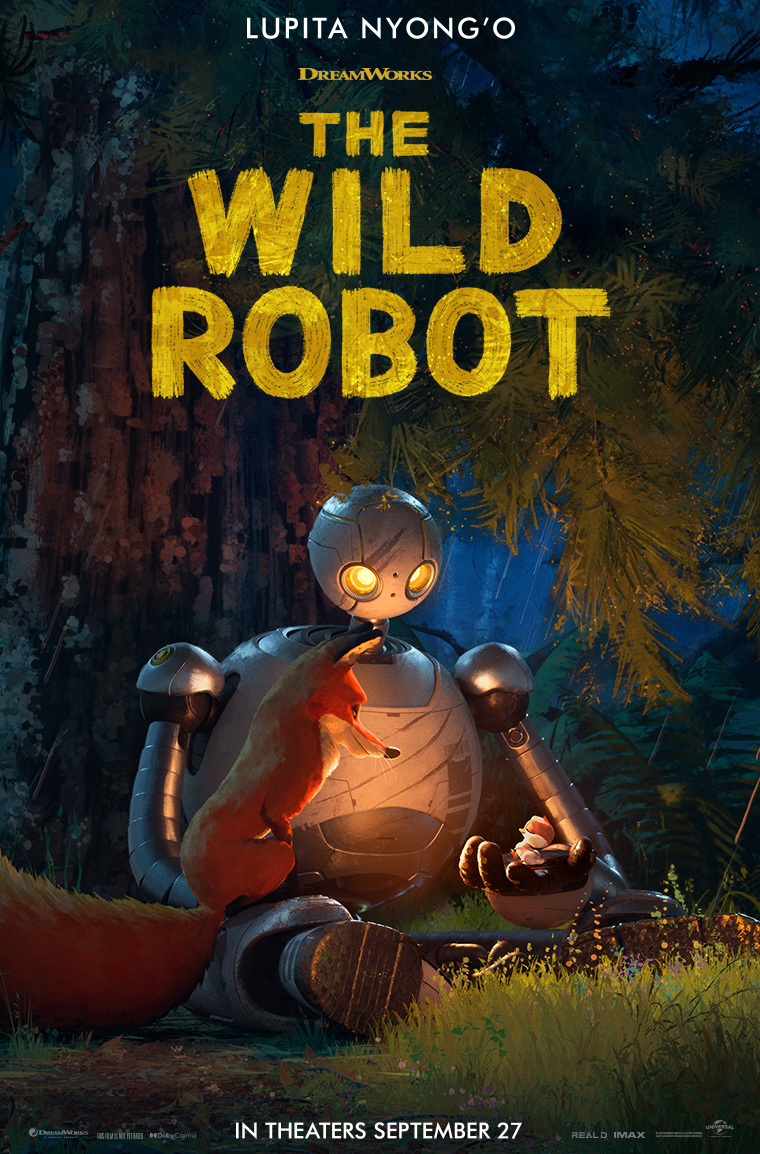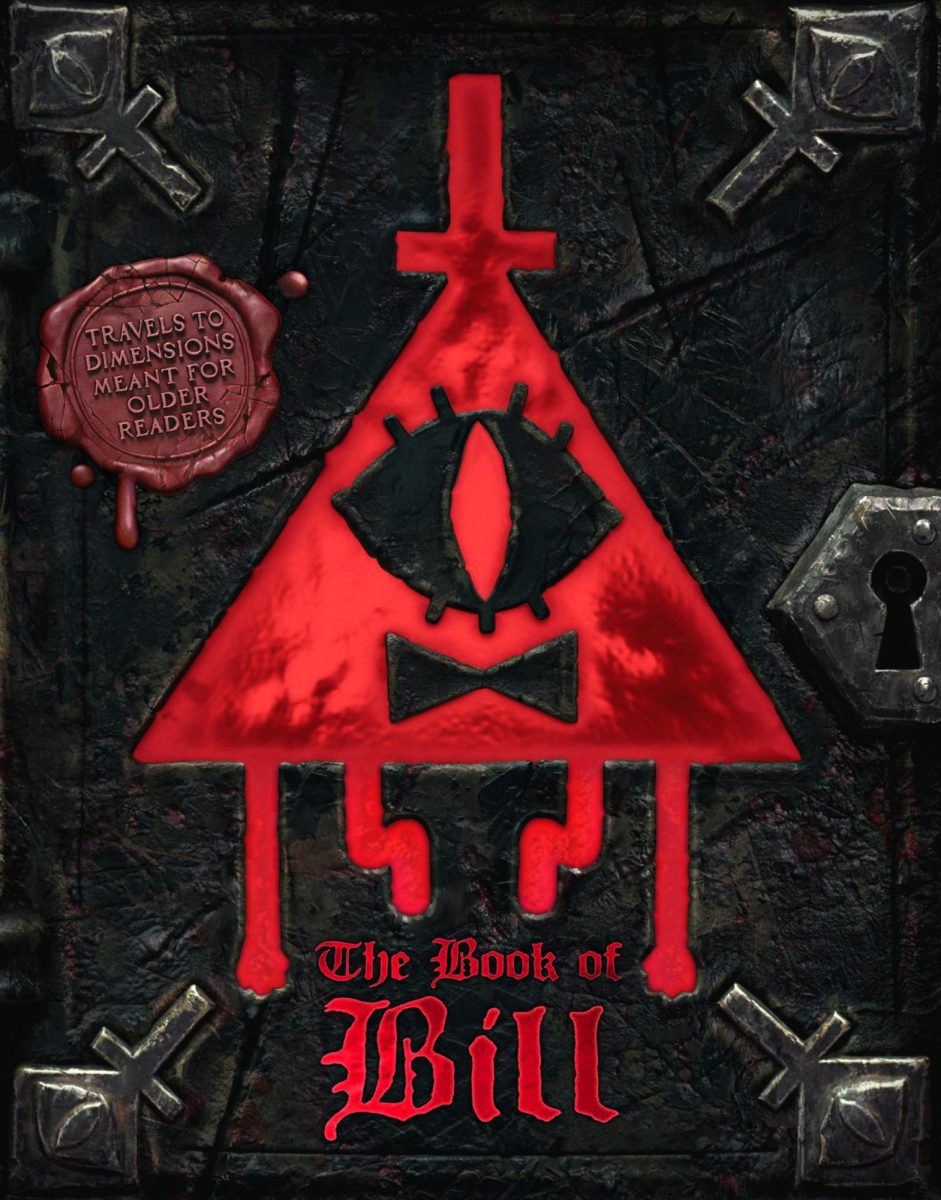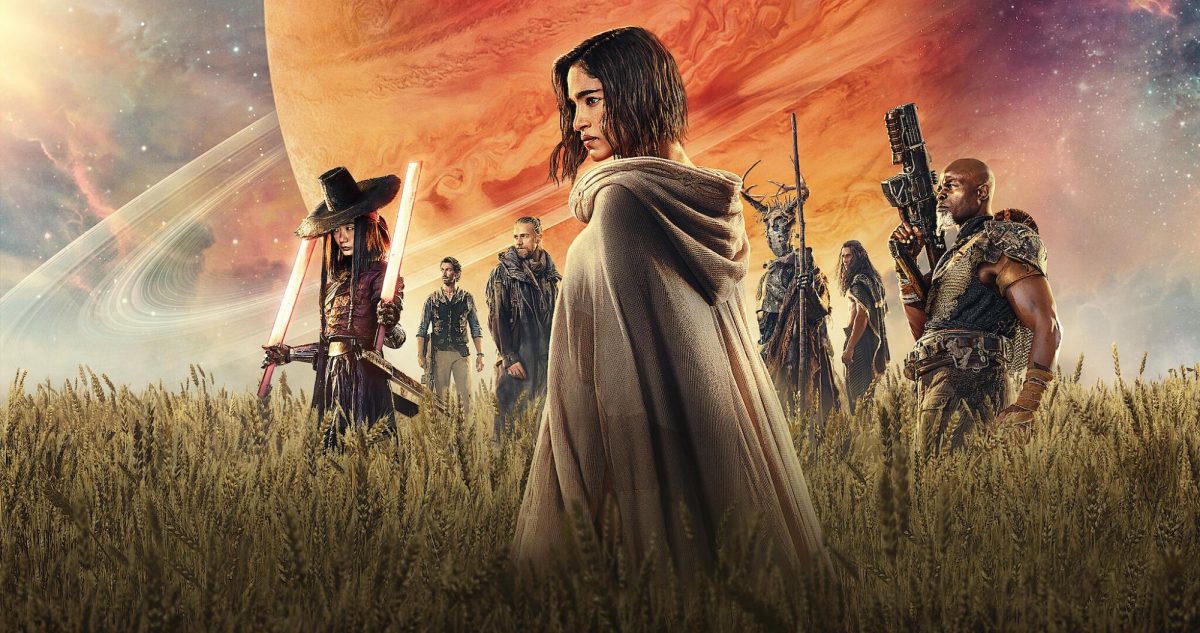Dawn Blanton (Miranda Cosgrove) is accepted into the Parisian art school of her dreams, but there is just one problem: she can’t afford to go because of her grandmother’s medical bills. Refusing to give up, her sister, Emily (Emilija Baranac), brings up the idea of entering a reality TV love competition with the intention of getting in and out, solely for the free plane ticket to Paris, as well as the hefty appearance fee. After spending some time with the bachelor and competing in some of the show’s challenges, she realizes that she might be catching feelings for him.
The film explores the idea of unexpected love, by following the usual plot of most romantic comedy movies. It starts off with the girl not caring about the guy, the two characters falling in love, being separated, and then ultimately reuniting and staying together in the end. It is safe to say that its story was pretty predictable. You are not watching this movie for the shock factor.
With that being said, I think that there is a reason that these types of movies do so well. I personally enjoy watching something that doesn’t require much thinking after a long day and I just want to take a moment to unwind. These ‘trashy’ rom-coms are pretty light-hearted and have tons of comedic relief, so it makes it a perfect fit for that.

While taking this into account, I think that The Wrong Paris successfully utilizes a twenty-first-century twist to enhance the usual plot. This allows the movie to scratch the very surface of a deeper, more relevant issue, showcasing and highlighting the media’s modern-day problems of authenticity. This is seen in the beginning of Dawn’s situation. Starting out, she was only after the money and was never really concerned with finding her match. In fact, Dawn had an ulterior motive from the very beginning, which defeated the competition’s overall purpose. This part of the plot highlights that consumers never truly know the full story behind what happens on these types of shows.
While I did enjoy the movie overall, my biggest complaint or critique would be the details and events leading up to said dilemma. The ending felt pretty rushed. In comparison to the rest of the movie, the time it takes from the ‘big split’ to the resolution is pretty short. Although the main characters end up getting their ‘happily ever after,’ the way they got there was pretty unsatisfying. There didn’t seem to be much thought behind it and it felt like the simple, straightforward way to come to a solution and conclude the movie.
Although this movie seems rushed, I would recommend others to give this movie a chance if you are looking for something with that happy-go-lucky aspect. It’s something you watch once or twice, then forget about it entirely. Sometimes, though, that is all people really need.

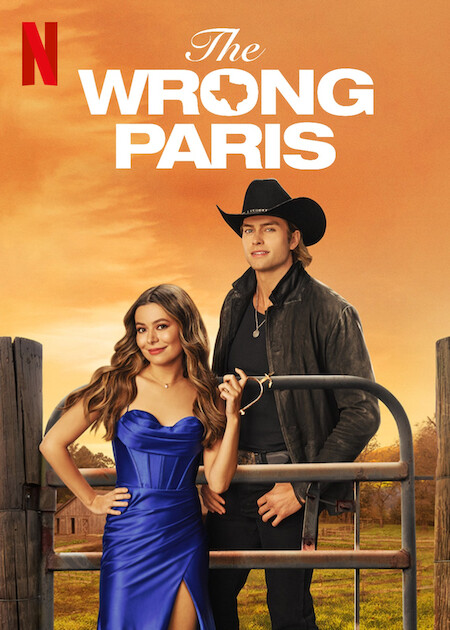
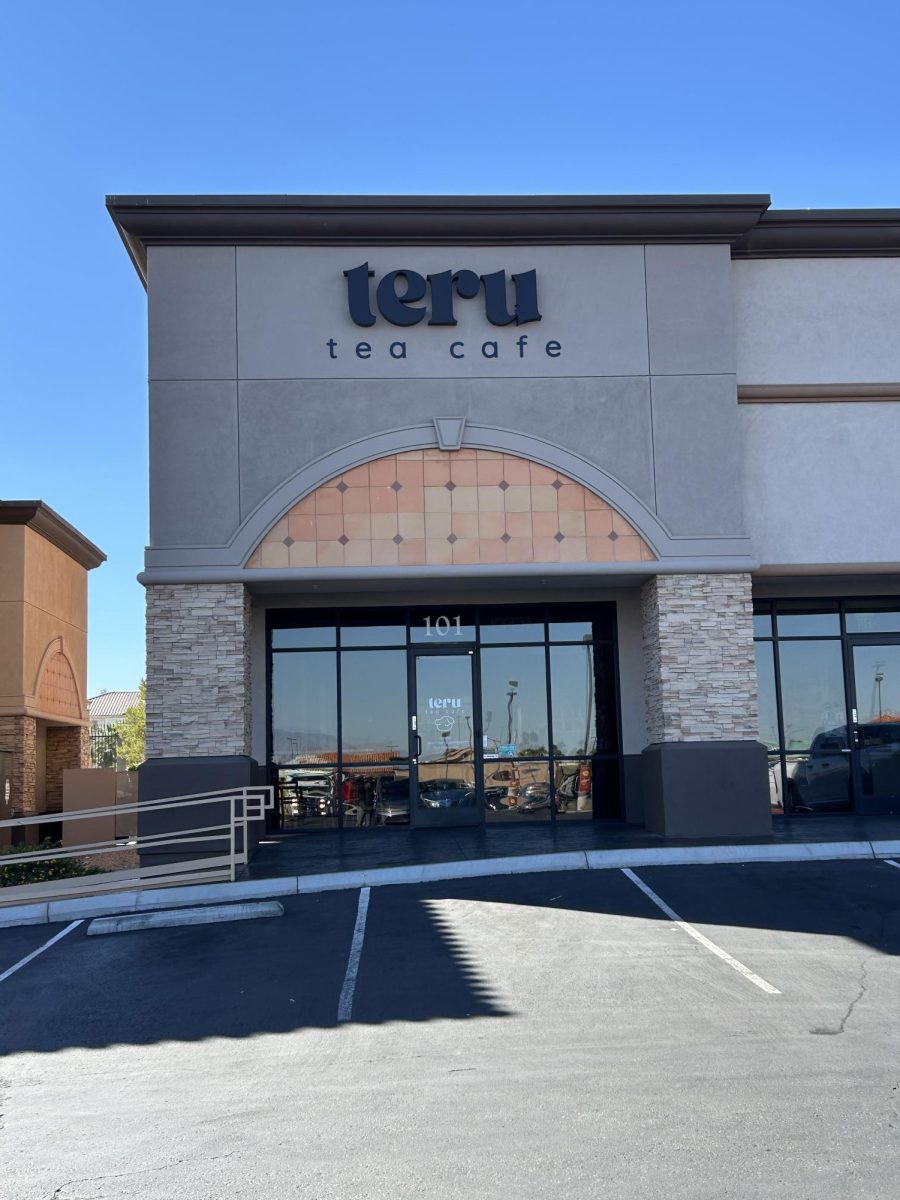
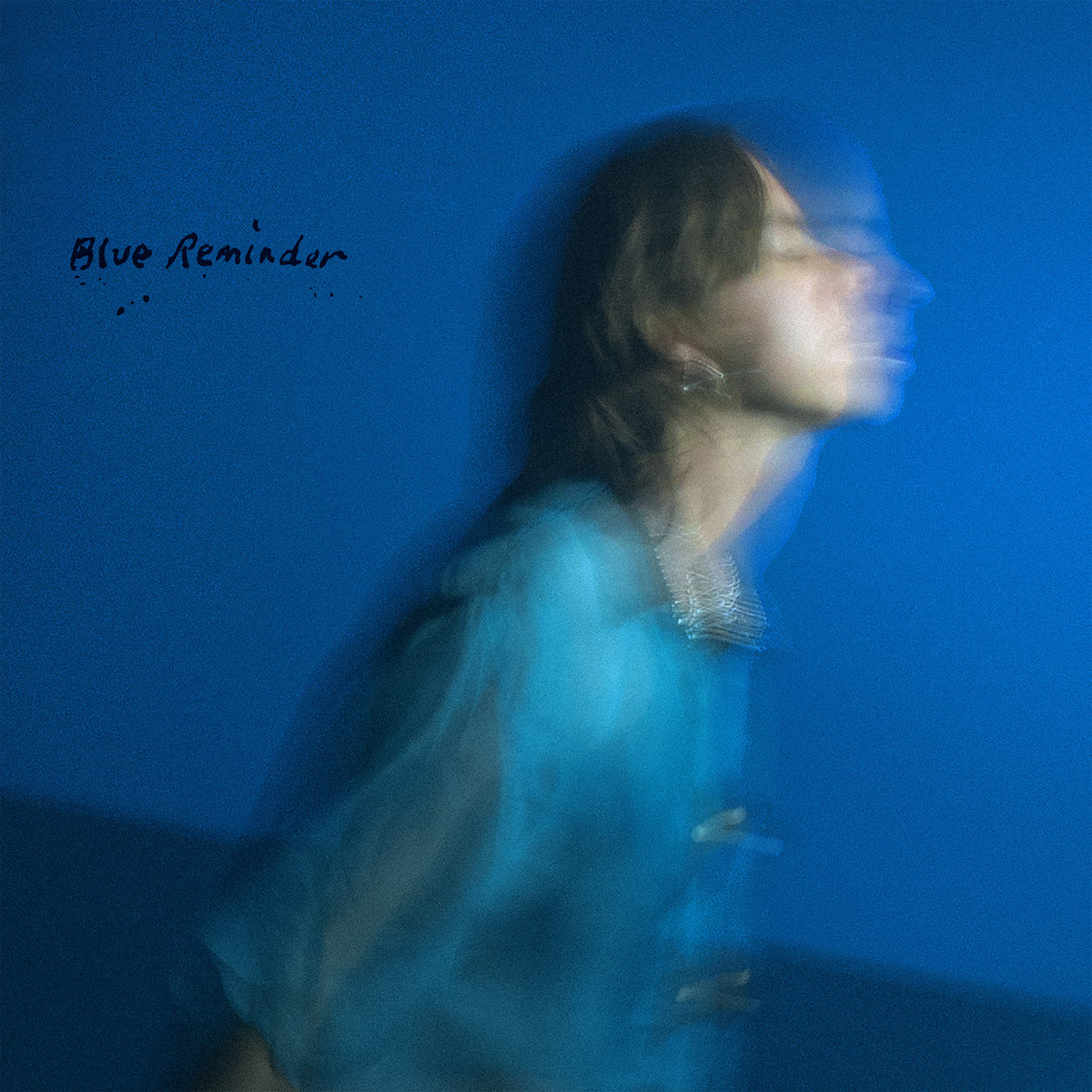

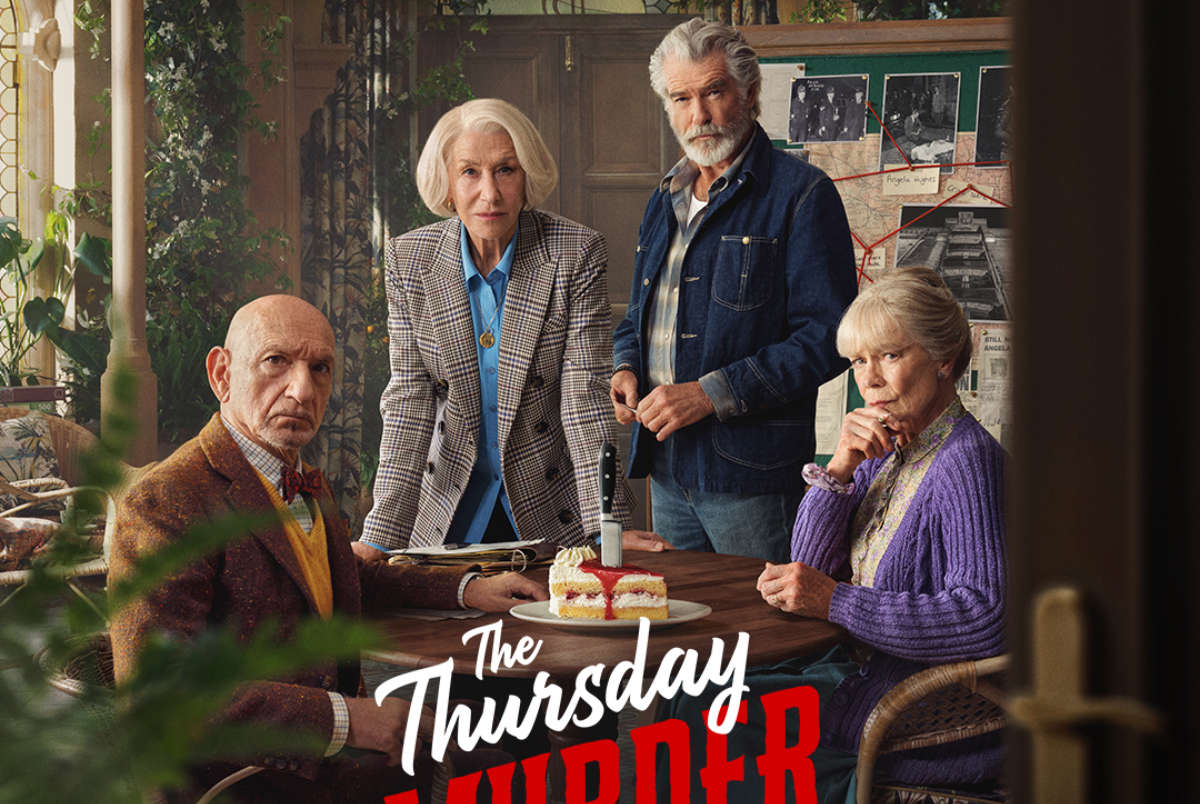
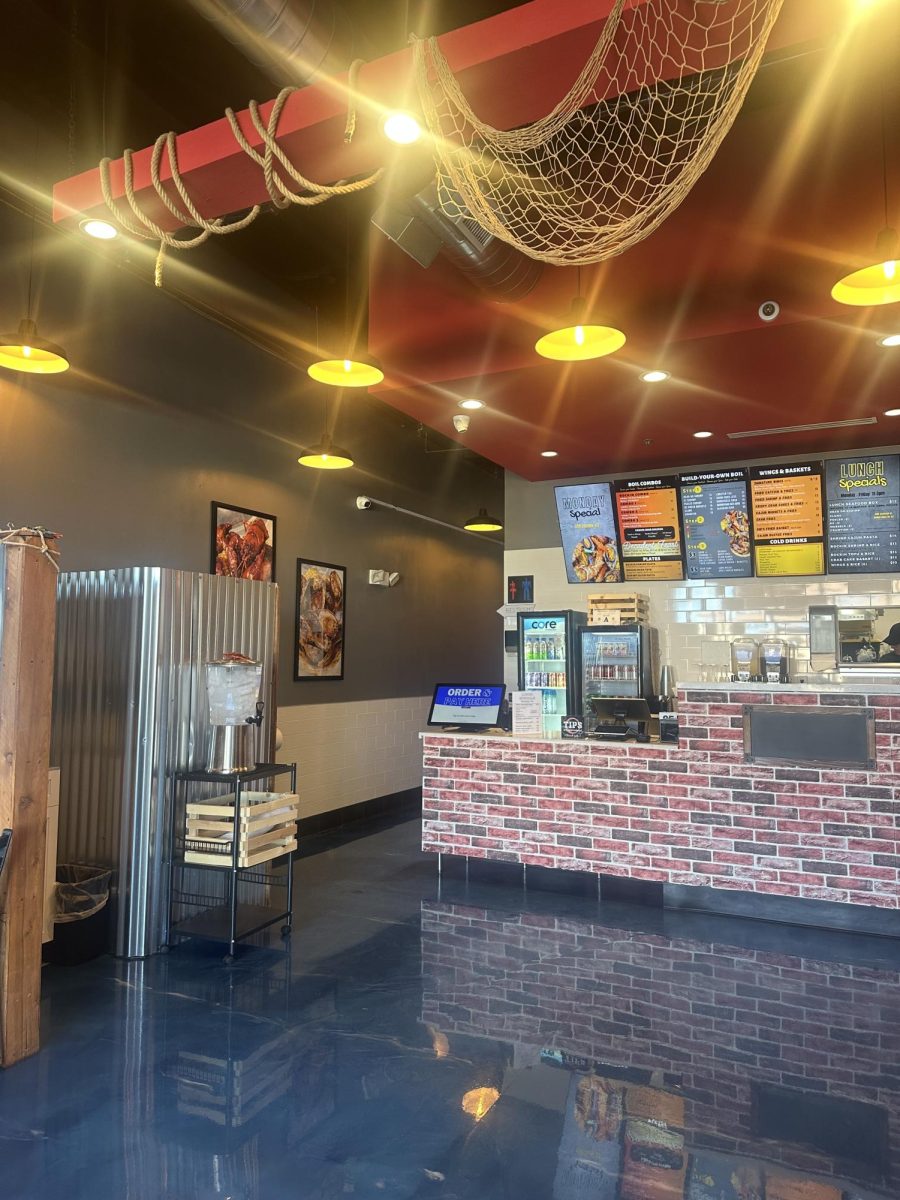

![Arranging the fabric on the floor for a new project, senior Sapphyre-Ann Leung plans out her attire for the next deadline. With the recent closures, students now had limited resources and less margin for error with the fabric and materials they had in stock while trying to reach strict deadlines. “Joann’s had a lot of high-end fabric for our fashion competitions,” Leung said. “We couldn’t just buy ten yards of fabric from Hobby Lobby or Walmart. Since [Joann Fabrics] is no longer open, we have to buy items online, which is way more expensive.”](https://southwestshadow.com/wp-content/uploads/2025/10/IMG_0038-1200x800.jpg)
